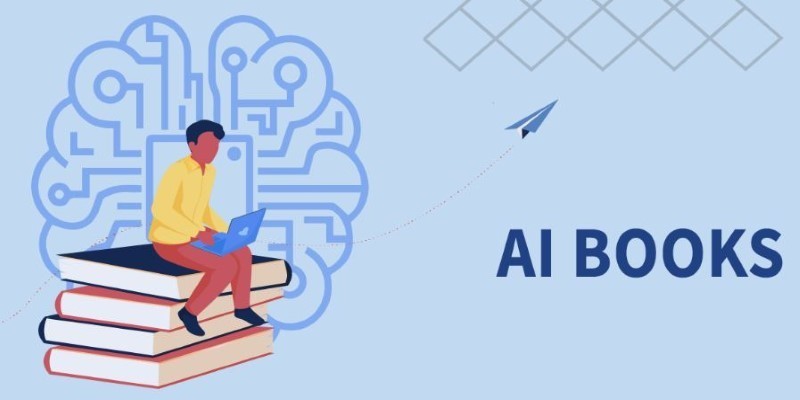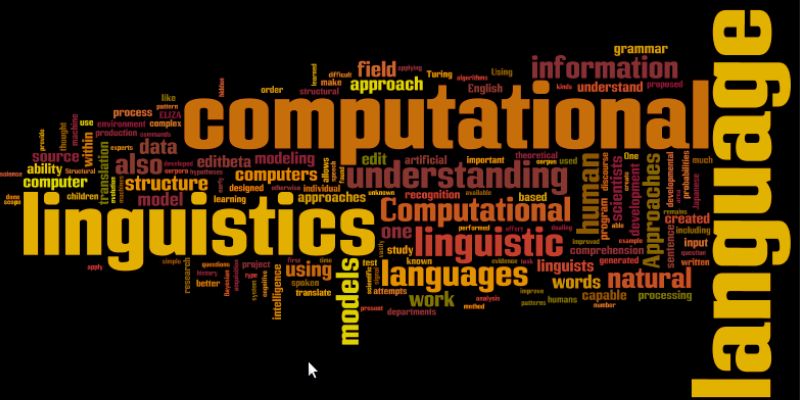Initiated by Amazon Web Services, Amazon Bedrock (AWS Bedrock) is a cloud-based service. It offers API access to top foundation models (FMs). Generative AI applications can be developed and scaled by developers without involving infrastructure management. The platform supports Titan models of Amazon and leading AI firms. It keeps sensitive data secure while allowing users to personalize models with that data.
Integrating strong AI into apps helps companies save time and money. Companies looking to upgrade their software using generative artificial intelligence would find Amazon Bedrock perfect. It lets teams deploy applications faster through basic API calls. Important advantages include scalability, security, and simplicity of integration.

Understanding the Core of Amazon Bedrock
Under AWS, Amazon Bedrock offers generative artificial intelligence services. It lets consumers access foundation models from companies such as Stability AI, Anthropic, and AI21 Labs. These models are housed in the cloud and reachable with a basic API. Companies can select the model that is appropriate for their requirements. Users do not have to oversee any backend infrastructure or set up servers. It speeds up deployment and makes development more straightforward.
Amazon Bedrock also comes with tools to perfect models. These tools enable companies to tailor artificial intelligence to their own needs. Chatbots, content creation tools, and AI assistants are ideal use cases for the platform. Additionally, Amazon Titan, AWS's artificial intelligence model, is accessible through Bedrock. The platform provides a serverless experience. Teams can operate without worrying about scaling issues. Using Bedrock, businesses can rapidly and affordably apply artificial intelligence. In the expanding realm of cloud-based artificial intelligence development, this is a fundamental offering.

How Amazon Bedrock Simplifies AI Development?
Starting from scratch and developing artificial intelligence models takes time and money. Amazon Bedrock relieves company stress. Pre-trained models from top manufacturers are available for developers. They don't need to worry about building complex infrastructure. Faster speed to market and faster app development cycles follow from this. Bedrock lets consumers interface with artificial intelligence with basic API calls. There's no need to manage machine learning pipelines.
Bedrock guarantees additionally great availability and dependability. The platform naturally manages scalability. App demand lets teams scale either up or down. For dynamic AI applications, this adaptability is necessary. Enterprise-grade defenses abound in security. Customizing models uses private data. Among the several uses Amazon Bedrock offers are classification, summarizing, and question answering. It also fits well with other AWS offerings, including Lambda and SageMaker. Teams can thus better and securely create, implement, and oversee AI solutions.
Benefits of Using Amazon Bedrock for Businesses
Using Amazon Bedrock offers various benefits to companies. First, there is no requirement for infrastructure or server management, which cuts running expenses and time. Second, businesses can rapidly obtain top artificial intelligence models. They can choose models that best fit their specific use case. Third, Bedrock supports model adaptation. Teams can use their data to improve AI performance specifically. Fourth, it guarantees compliance with standards and data security.
Fifth, it offers a totally managed service. It lowers technological debt and maintenance work. Sixth, Bedrock flows naturally with current AWS offerings. That helps one fit artificial intelligence into present processes. Seventh, the API-first style simplifies development. Engineers don't start with great expertise in artificial intelligence. Finally, Bedrock makes fast experimentation possible. Teams can quickly iterate and prototype. That accelerates both product development and innovation. Businesses leveraging Amazon Bedrock typically get better customer experiences and faster delivery times.
Foundation Models Available on Amazon Bedrock
Access to several strong foundation models is made possible via Amazon Bedrock. Leading artificial intelligence businesses such as Anthropic, Stability AI, Cohere, and AI21 Labs build these models. Every supplier presents special strengths in their model. For example, Claude from Anthropic is renowned for ethical and safe artificial intelligence. Stability AI provides tools for creative work and image creation. AI21 Labs is mostly concerned with highly accurate natural language processing. Moreover, Amazon's Titan models are accessible. These are meant for general-purpose applications, including classification and text production.
Developers choose models based on the specific task requirements. If their demands change, they can also quickly alternate models. All models are accessible through a single API interface, which simplifies development by means of reduction. The Bedrock platform guarantees that updated versions of these models are always available, allowing developers to benefit from the most recent innovations. Private data also allows companies to customize these models. Thus, Bedrock is a versatile, multi-model platform for artificial intelligence development.
How Amazon Bedrock Ensures Security and Compliance?
Users of Amazon Bedrock give security first attention. Strong data security policies constitute part of the platform. Every bit of information used for customizing remains personal. It is never shared with model providers. Bedrock supports encryption at rest as well as in motion. Users keep total control over their information. The platform follows main industry standards, including HIPAA and GDPR. Businesses in the healthcare, financial, and other regulated sectors absolutely depend on these qualities.
Bedrock is coupled with AWS Identity and Access Management, which guarantees authorized users only access to the models and data. Monitoring and logging tools enable tracking usage and finding problems. Custom models are isolated, reducing the risk of data leakage. For compliance needs, Bedrock additionally provides choices for regional deployment. These tools help businesses have confidence in artificial intelligence in important systems. Using Bedrock allows companies to embrace artificial intelligence while maintaining security and regulatory compliance.
Conclusion:
Amazon Bedrock is shaping the future of artificial intelligence in business. It lets teams create generative artificial intelligence apps free from complexity. Companies access top foundation models with basic API calls. Behind the scenes, the platform manages security, scaling, and infrastructure. Businesses can concentrate on innovation rather than daily operations. Bedrock suits numerous sectors with help for compliance and customizing. The adoption of artificial intelligence gets simpler, and its deployment accelerates. Teams upgrade processes using the Amazon Bedrock AI platform. It's a smart solution to today's rising need to build generative AI app capabilities.











